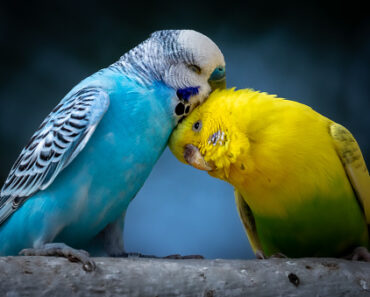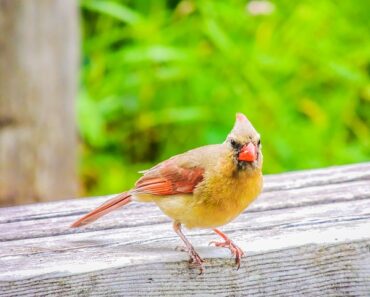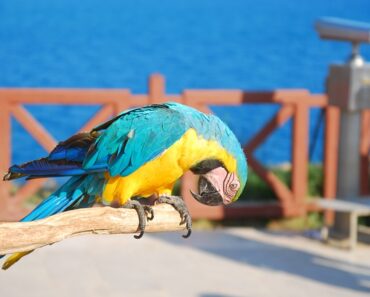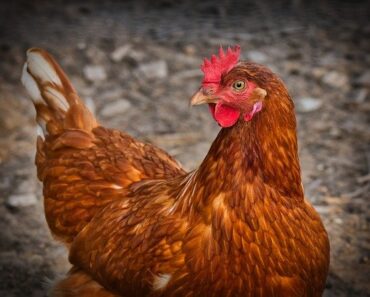Like dogs and cats, birds are also subject to external parasites, especially during the peak season. As far as they are concerned, it is mainly lice. In order to prevent the arrival of these little beasts, which are particularly difficult to eliminate, it is advisable to adapt certain reflexes and to trust dedicated products.
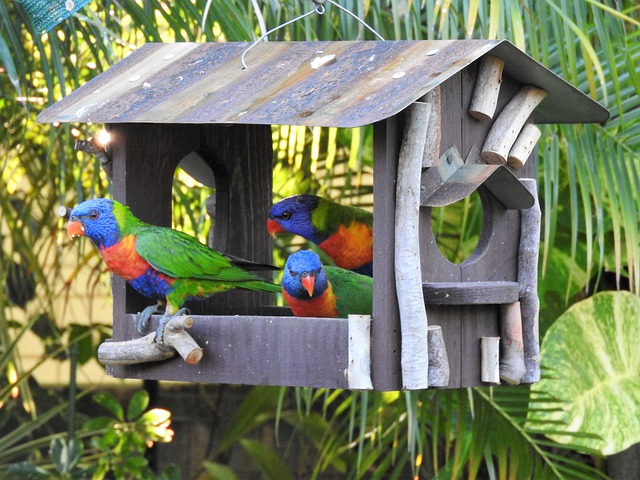
There are two types of lice that can contaminate birds: grey lice, which are most often found in domestic birds, and red lice, which are more common in pigeon farms and hen houses.
Grey lice or feather lice live directly on the bird. To feed, they ingest feathers and dead skin. Easy to detect, it is enough to spread the feathers to see if it is present.
Red lice are the toughest parasites and are mainly found on bird, pigeon, chicken and quail farms.
They are very difficult to detect because unlike grey lice, they do not live on the bird but in its environment. They only invade the animal at night to feed.
Also, it is more rare that domestic birds are contaminated by this type of lice, but they can be contaminated by indirect route. For example, you can come in contact with an infected animal or an infested area and carry lice into your home, which then infest your birds.
How do I know if my pet has lice?
Whether it’s a grey or red lice infestation, there are certain symptoms that can alert you.
When a bird is infested with grey lice, the quality of its plumage is greatly affected. Because the parasites live directly on the bird, it experiences skin problems such as itching and its feathers become dull and brittle.
Also, it grooms excessively and may be prone to pecking.
Finally, some individuals may have sleeping problems.
For red lice, the most common symptom is severe fatigue. Since the parasites feed on the blood of their host, if they are numerous, they can considerably affect his health.
How to prevent and treat parasites?
It is difficult to fight against lice beforehand, even if hygiene plays a primordial role and can act as prevention. Indeed, parasites develop much more easily in a dirty environment. It is therefore imperative to maintain good hygiene in the birds’ living areas.
In order to effectively eradicate lice and provide your pet with a beautiful plumage and a healthy environment, it is essential to treat your pet with antiparasitic bird care, but also its direct environment at the same time.

